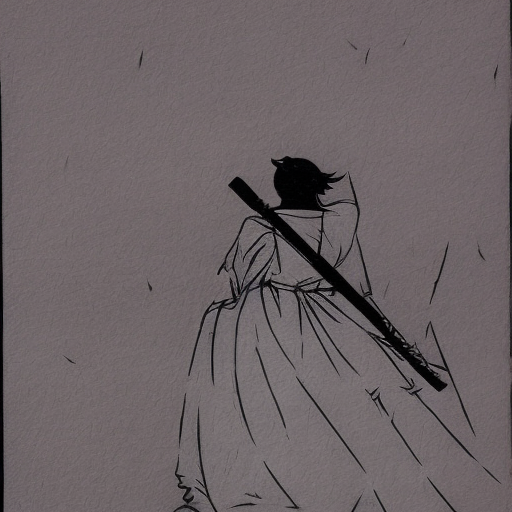One-line Summary:
Le Samouraï, directed by Jean-Pierre Melville, is a stylish French crime film that follows Jef Costello, a professional hitman, as he navigates a world of deception, loyalty, and solitude. When a meticulously planned hit goes awry, Jef finds himself caught in a web of suspicion and betrayal, forcing him to rely on his skills and instincts to survive.
Main Cast and Crew:
- Director: Jean-Pierre Melville
- Writer: Jean-Pierre Melville
- Key Actors: Alain Delon as Jef Costello, François Périer as Superintendent, Nathalie Delon as Jane Lagrange
- Music Director: François de Roubaix
- Director of Photography: Henri Decaë
- Producers: Raymond Borderie, Eugène Lépicier
Plot:
Jef Costello, a stoic and enigmatic hitman, lives a solitary life in Paris. His meticulous attention to detail and adherence to a strict code of conduct make him one of the best in the business. When Jef is hired to kill a nightclub owner, he carefully plans the hit, leaving no loose ends. However, an unexpected witness emerges, casting doubt on Jef’s alibi.
As the police investigation intensifies, led by the determined Superintendent, Jef finds himself caught between his employers, who want him silenced, and the police, who are closing in on him. With his every move scrutinized, Jef must rely on his instincts and resourcefulness to outsmart his pursuers.
Amidst the chaos, Jef forms a connection with Jane Lagrange, a pianist who becomes entangled in his dangerous world. Their relationship adds a layer of complexity to Jef’s already complicated situation, blurring the line between trust and betrayal.
As Jef’s fate hangs in the balance, he must confront the consequences of his choices and decide whether he can truly trust anyone in a world where loyalty is a rare commodity.
Themes and Motifs:
Le Samouraï explores themes of identity, loyalty, and existentialism. Jef Costello, with his detached demeanor and unwavering commitment to his profession, embodies the archetype of the samurai, a warrior bound by honor and duty. The film delves into the existential crisis faced by Jef as he grapples with the consequences of his actions and the isolation that comes with his chosen path.
The motif of mirrors and reflections is prevalent throughout the film, symbolizing Jef’s internal struggle and the duality of his existence. The use of silence and minimal dialogue adds to the film’s atmospheric tension, highlighting the loneliness and introspection of the protagonist.
Reception and Legacy:
Upon its release in 1967, Le Samouraï received critical acclaim for its stylish direction, atmospheric cinematography, and Alain Delon’s mesmerizing performance. The film’s minimalist approach and its exploration of existential themes resonated with audiences and established it as a classic of French cinema.
While Le Samouraï did not receive any major awards or nominations, its influence can be seen in subsequent crime films, particularly those within the neo-noir genre. Its iconic imagery and enigmatic protagonist have inspired filmmakers and cinephiles alike.
Recommendation:
Le Samouraï is a masterclass in atmospheric filmmaking, with its stylish visuals, gripping narrative, and a standout performance by Alain Delon. Fans of crime films and those interested in exploring the existential themes of identity and loyalty will find this movie captivating. However, viewers should be prepared for a slow-burning and introspective experience that relies more on visual storytelling than dialogue.
Memorable Quote:
“There is no greater solitude than that of the samurai, unless it is that of the tiger in the jungle… Perhaps…” – Jef Costello












